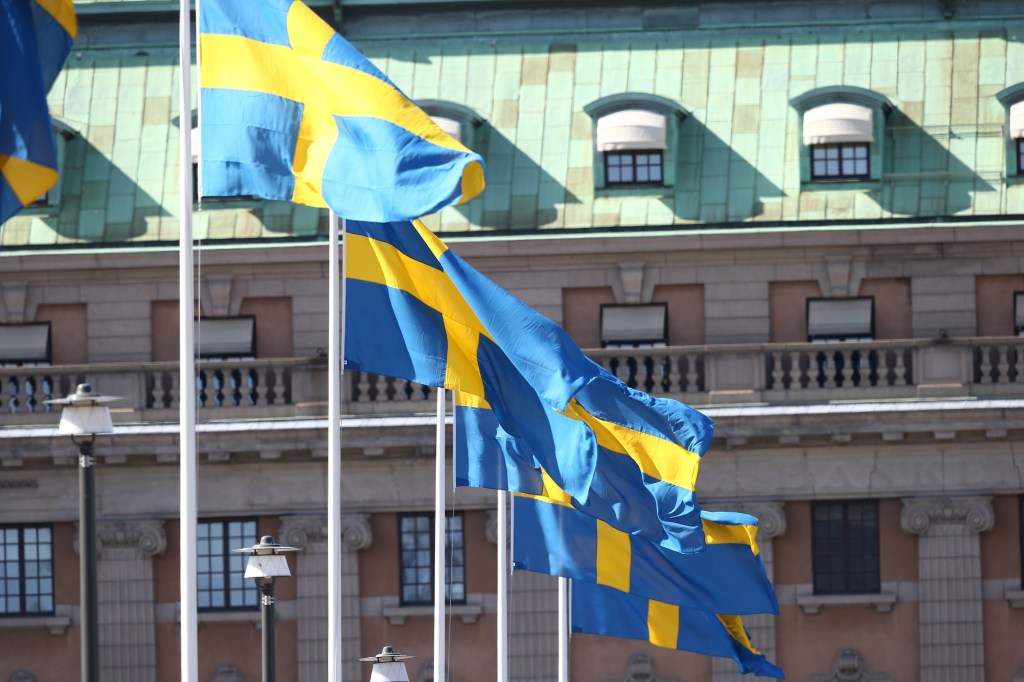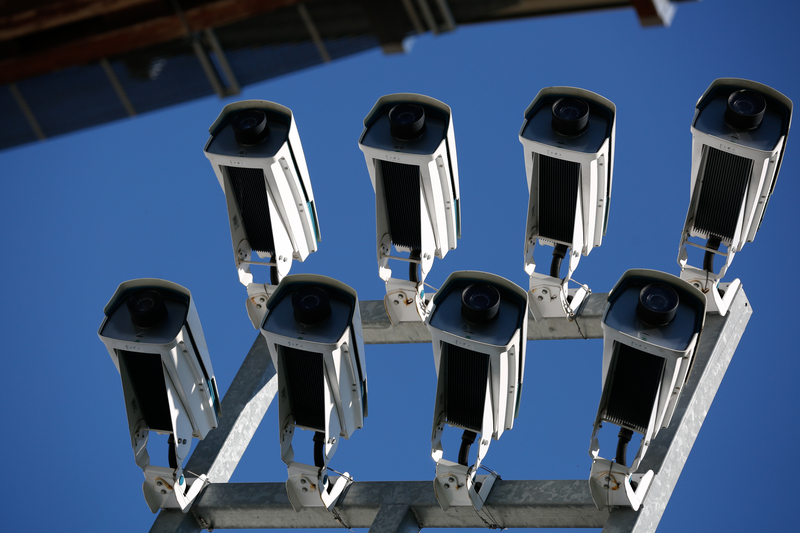According to the report, the EDPB’s case register in 2024 included 350 cross-border cases, which, along with the procedures initiated under the so called “one-stop-shop” mechanism, underscored “the high degree of coordination among DPAs in tackling complex, cross-jurisdictional data protection issues.”
The fines levied in the EU as a result of
Register for free to keep reading
To continue reading this article and unlock full access to GRIP, register now. You’ll enjoy free access to all content until our subscription service launches in early 2026.
- Unlimited access to industry insights
- Stay on top of key rules and regulatory changes with our Rules Navigator
- Ad-free experience with no distractions
- Regular podcasts from trusted external experts
- Fresh compliance and regulatory content every day













